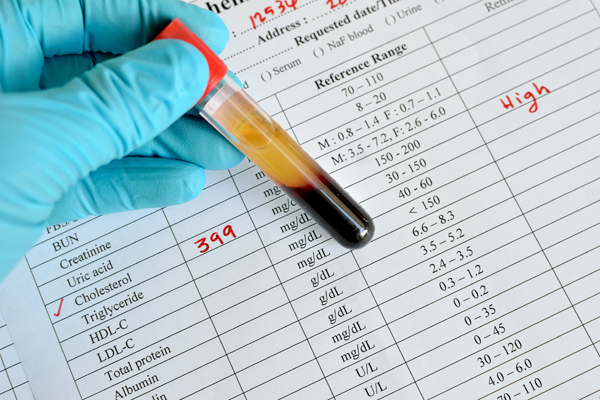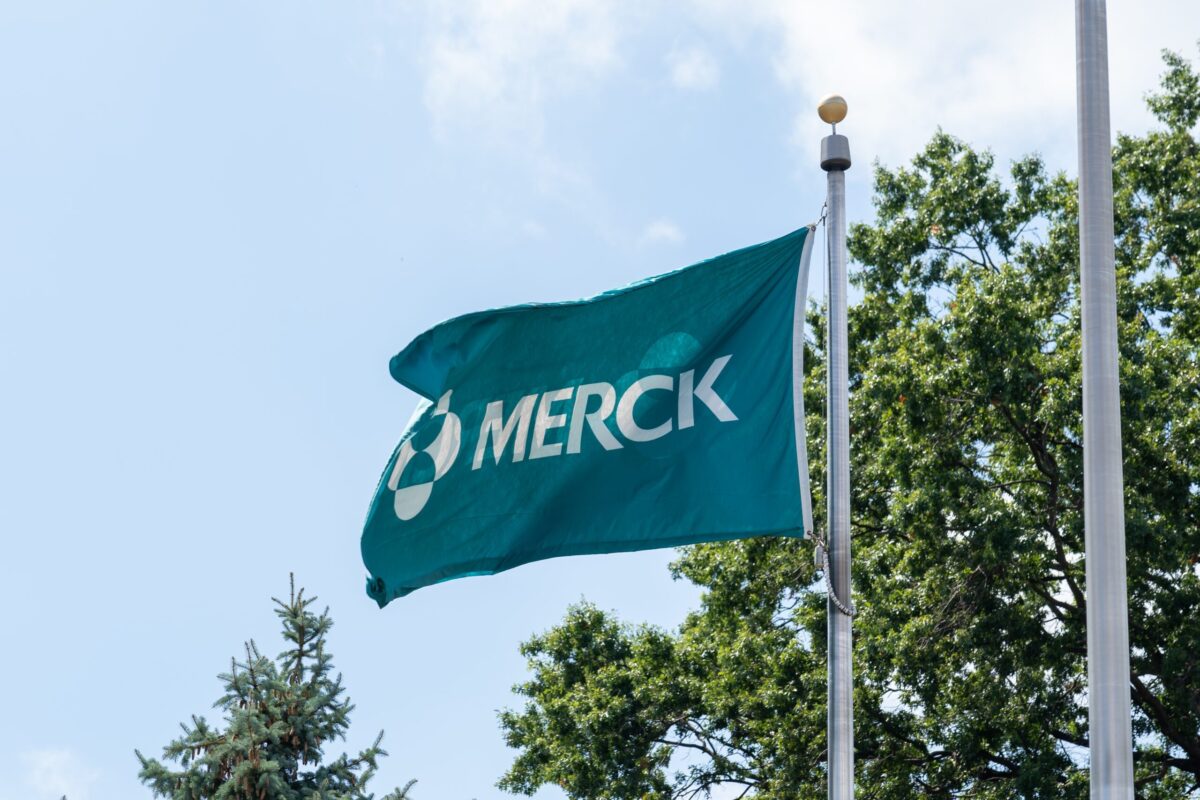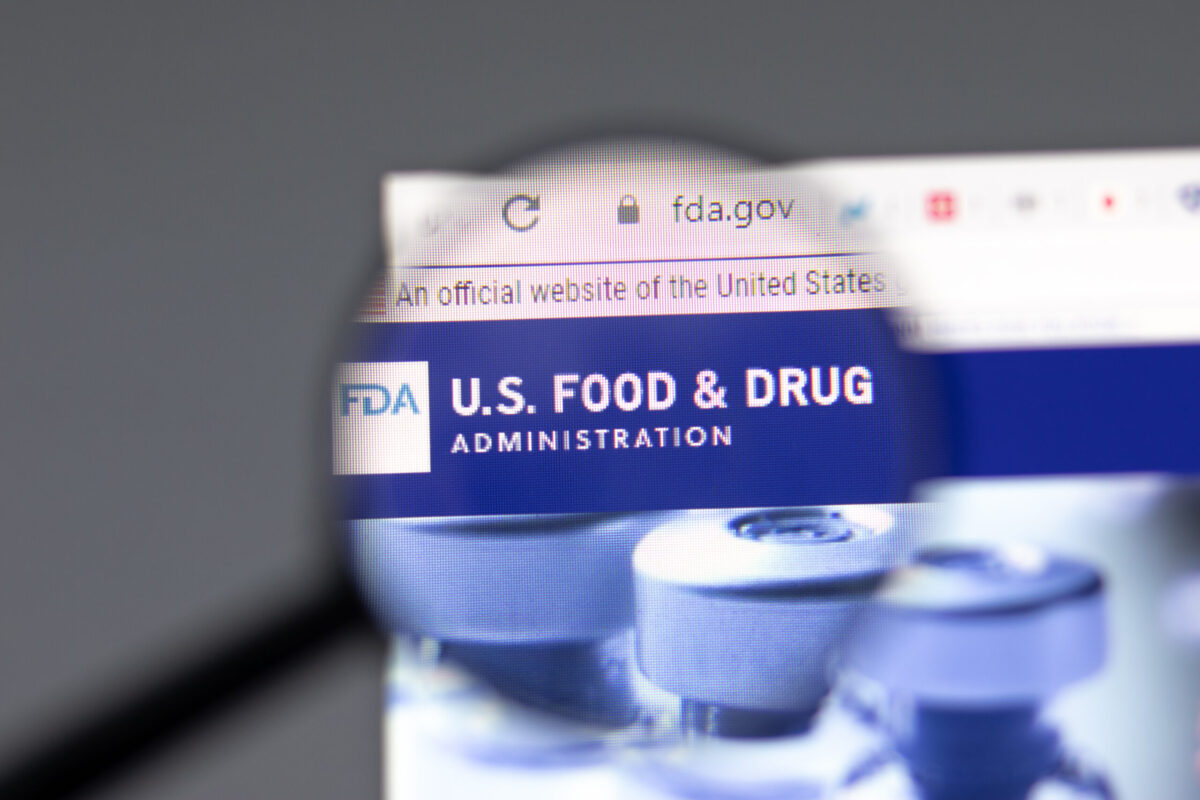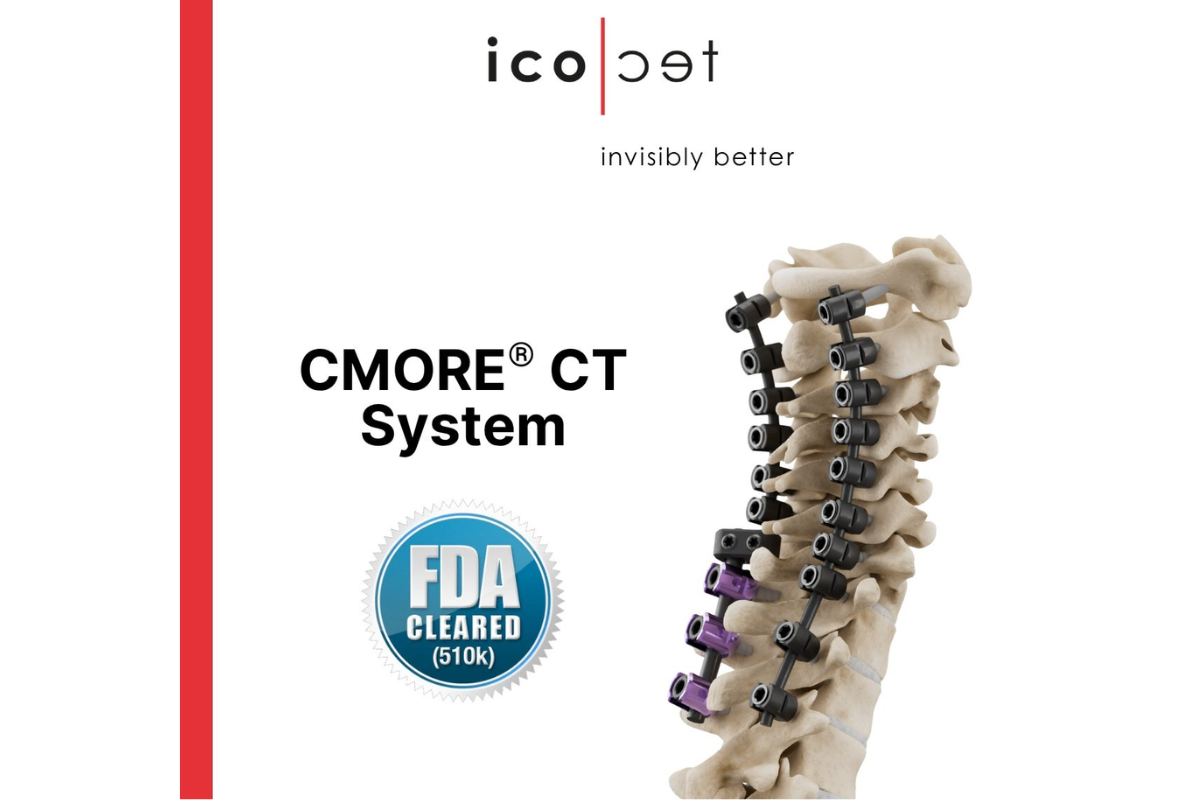Amgen’s PCSK9 inhibitor, Repatha met both its primary and secondary endpoints in a Phase III clinical trial testing the drug’s effects on coronary artery disease. The large study – known as GLAGOV (GLobal Assessment of Plaque ReGression with a PCSK9 AntibOdy as Measured by IntraVascular Ultrasound) – was designed to determine whether Repatha could modify the build-up of plaque in the coronary arteries in patients already receiving statin therapy.
Amgen is set to present more detailed results from the GLAGOV clinical trial at this year’s American Heart Association (AHA) Scientific Sessions. The conference will take place between November 13 and 15 in New Orleans, Louisiana.
“We are pleased with the positive results of this landmark study showing that Repatha modifies the underlying process of atherosclerosis,” said Dr. Sean E. Harper, executive vice president of Research and Development at Amgen. “We strongly believe in the potential of Repatha to aid in the fight against cardiovascular disease, and we are excited to share these data with the scientific community at the AHA Scientific Sessions.”
In all, 968 patients with coronary artery disease already receiving statin therapy were enrolled in the multicenter, double-blind, randomized, placebo-controlled clinical trial. Trial participants were randomly assigned to receive monthly injections of Repatha, or a placebo.
According to a press release issued by Amgen, the trial did not identify any new safety concerns associated with the drug. In addition, the rate of adverse events as a result of treatment were similar between the experimental and control groups.
“Atherosclerosis is the major underlying cause of cardiovascular disease, which remains the leading cause of death worldwide,” said Harper. “Now one year after the FDA approved Repatha, nearly two-thirds of patients prescribed Repatha are still being denied access. We are concerned that many patients with uncontrolled LDL cholesterol levels continue to face challenges in accessing a medicine that we now know has a positive impact on plaque burden.”
Cardiovascular disease remains the number one cause of death across the world. Approximately 11 million people in the US have atherosclerotic cardiovascular disease or familial hypercholesterolemia with uncontrolled high levels of LDL cholesterol, despite treatment with a statin.












Join or login to leave a comment
JOIN LOGIN